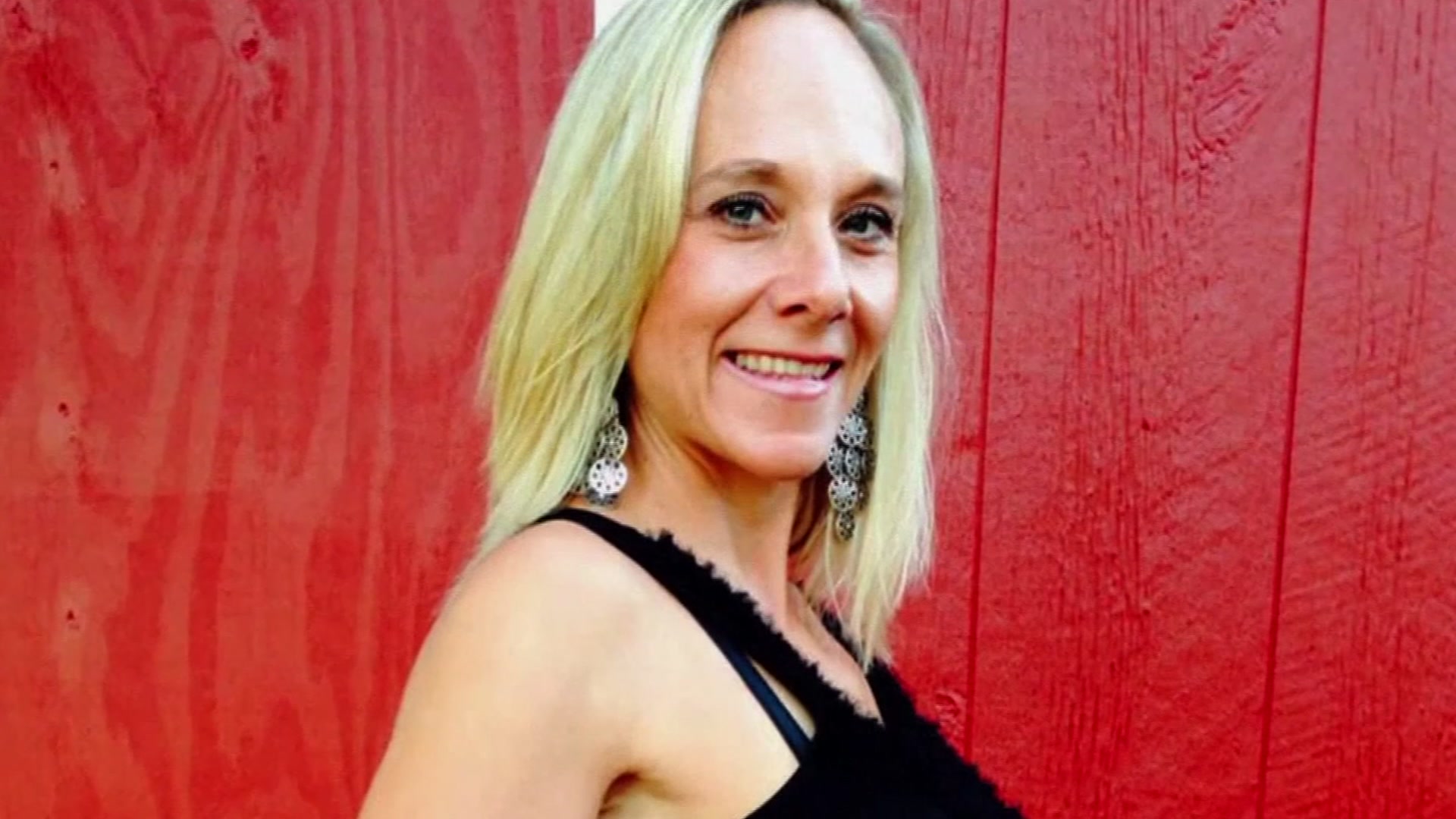It took Mosier Valley, the oldest black community in Tarrant County, nearly 40 years to receive water and sewer service from the city.
Now, over 50 years after it was annexed into Fort Worth, the community that was settled in the 1870s by freed slaves will have its first, and only, park.
"I'm just grateful they are building it. It is a little late, but I guess that's all right," said Lloyd Austin, 90, a former pastor of the Saint John Missionary Baptist Church in Mosier Valley. "There could be a lot of activity there, if anyone could get in there and work with it."
Earlier this month, the Fort Worth City Council approved the purchase of four acres of land from the Hurst-Euless-Bedford school district for $260,000 and $25,000 in closing costs to develop a park in an "underserved area of the city," according to a report to the council.
Annexed by Fort Worth in 1963, it took decades before new streets, street lighting, police and fire, and other city services were provided for the small community in the far northeast corner of Fort Worth.
"I think it was because black people lived there," Austin said of why it took so long to get city services.
Austin, who was pastor of the St. John Missionary Baptist Church from 1964 until 2005, said the city addressing Mosier Valley is long overdue.
Local
The latest news from around North Texas.
Benny Tucker, president of the Mosier Valley Community Area Council since 1993, hopes the city's interest in the area will encourage people to move to the Mosier Valley area.
Tucker and his wife, Rose Renee Tucker, moved from Mosier Valley to Fort Worth in 1997 because of the lack of city services, like water and sewer.
"It was absolutely frustrating," Benny Tucker said. "To own property that you can't -- where there is not even access to water and sewer."
Tucker said the city residents were responsible for digging their own water wells and managing their own septic tanks, making parts of the area unsanitary.
The city has since improved other services, Tucker said, like increasing police and fire response in the area and adding lighting to the streets, but the area still needs improvements to basic infrastructure, like storm drainage.
Gyna Bivens, councilwoman for the area, said that acquiring the land for a park during Black History Month made it even more appropriate.
"The idea that we were able to acquire this property from the H-E-B school district is real special to a lot of African-Americans," Bivens told the Fort Worth Star-Telegram.
The tight-knit community of Mosier Valley, which peaked in the 1930s with a population of about 300, built the historic Mosier Valley School in 1883, according to the Texas State Historical Association.
The wooden school house was simple, with just one room for all the students up until the 1950s, when Mosier Valley parents filed a federal suit seeking to integrate their students with the Euless district.
A federal judge ruled in favor of the Mosier Valley parents, but instead of integrating the students, Euless built a brick school in 1953 for the African-American students.
Rose Renee Tucker, a native of Mosier Valley, attended the school in the 1960s.
"It was a small school and everybody knew everybody there. The community was small and the relationship we had with each other -- the teachers seemed like they just cared about us a little bit more, it seemed like they tried to do everything they could to advance us and make us learn. It was more like a family," Tucker remembered of the little brick building.
In 1968, the Mosier Valley School was closed, and the children were bused elsewhere. The site was honored with a historical marker by the Texas Historical Commission in 1983.
The four acres purchased from the school district include the site of the original school buildings.
In developing the park, the first step for the city is to get the park in the "queue" and create a master plan, said David Creek, assistant director of the parks and community services department.
"You get into a piece of property that has this historical nature to it and I think whatever master plan you do will have to respect that historical aspect of it," Creek said.
He said there's a possibility that the wooden-framed, one-room school house that was on the lot before the brick building still exists, and he said the city will examine the possibility of bringing it back if it does.
Benny Tucker said he has also heard there is a possibility the wooden-framed building was moved, instead of being torn down.
"I think that is one of the really neat features of this -- it already gives you something to work with it; it gives the park an identity starting off the bat," Creek said.
Tucker, who has been advocating for a park for the community for about 20 years, said having a public space will help bring the historical community together.
"Basically, it will be a coming together place and will also bring back to the community former residents," he said.
Bivens said the city will plan a ceremony for acquiring the park, "to just recognize the history of Mosier Valley and the role it played in the early settling days of Africa-Americans in this area."



